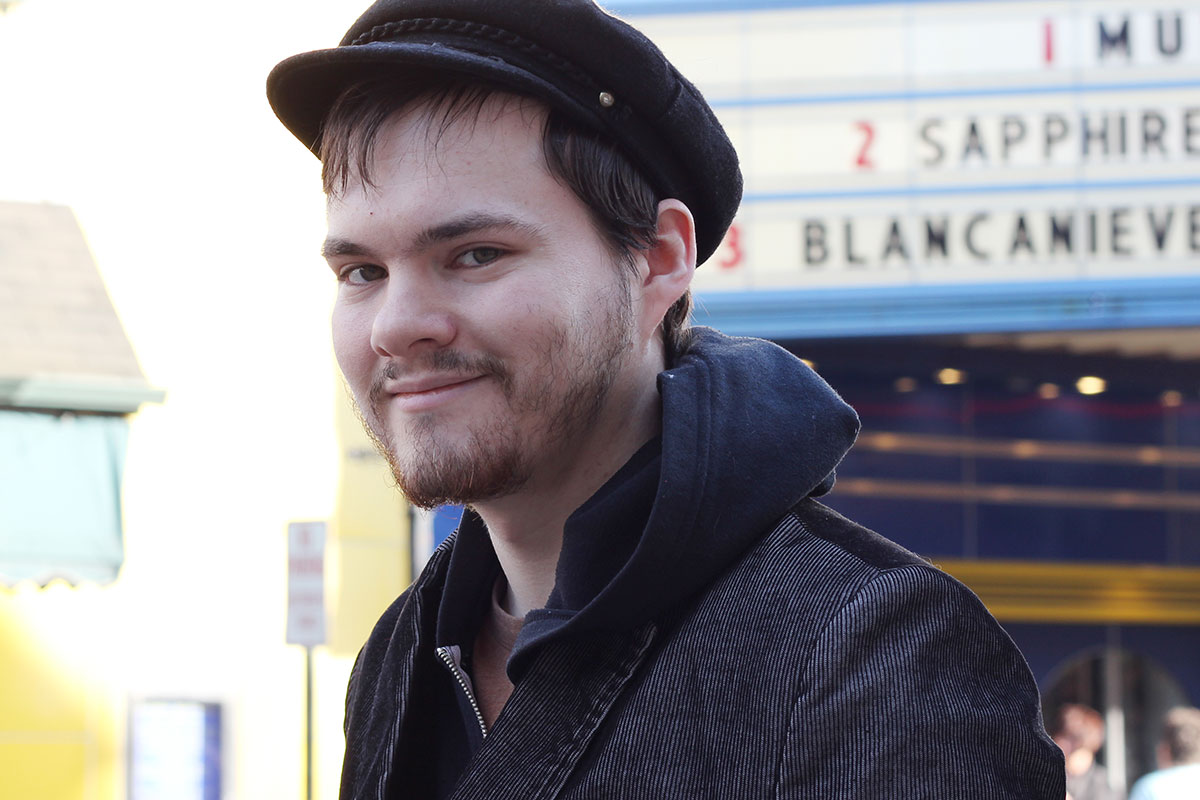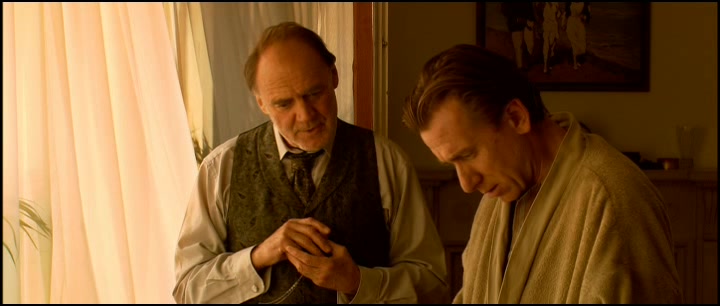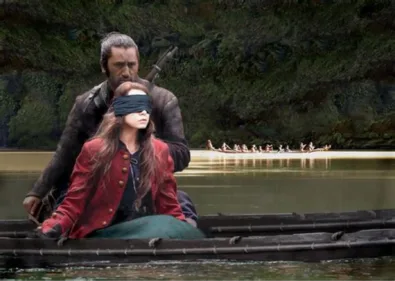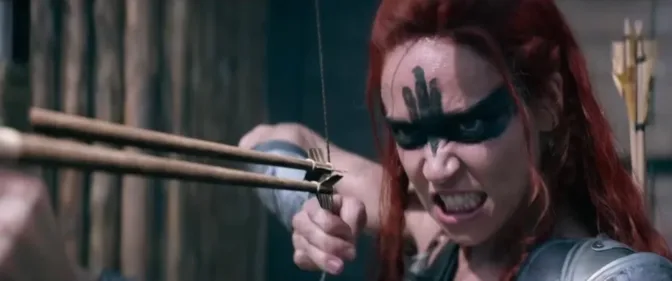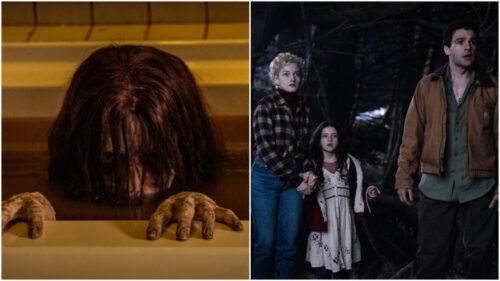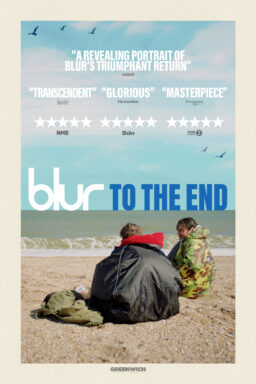I was in a Blockbuster in Doylestown, PA when I saw the rose covered DVD box art for “Youth Without Youth.” I’d heard rumors about the film, that it was Francis Ford Coppola’s secret return to filmmaking after a decade away. What I couldn’t figure was how the director of “Apocalypse Now” and “The Godfather” could keep anything a secret. I later learned that it wasn’t really anyone’s choice that it was suddenly on the shelves of a video rental store a year after its nearly non-existent theatrical run. People hated this film. Really, really hated it. And so it was cropping up out of nowhere for me to take home and devour. I was confused by its sudden appearance but that night I wasn’t complaining. I was stupefied into speechlessness. “Youth Without Youth” was so beautiful it hurt. How had anyone not loved this?
I wonder sometimes about the shape of my biases. Whether I’ll blind myself to a film’s faults if it does a good enough job lulling me into a kind of dream state and keeping the images flowing like a lazy river through my brain. I know my tastes run to the extreme of a certain strain of “cinematic” that is perhaps irresponsible given what you can get away with saying or not saying if you do so splendidly enough. But I’ve also learned that I can’t fight that which nourishes my brain, nor can I ignore what my heart demands from movies. And when I saw “Youth Without Youth,” both fell head over heels in love. I saw in Coppola the same struggle with mortality and life’s meaning that I’d been wrapped in since I was 14 when I first realized just what “eternity” really means. Coppola’s films are, of late, obsessed by the end of life and one’s legacy when it comes. What broke my heart was that he’d been run out of Hollywood, given permission only to make claptrap like “Jack” or polite non-entities like “The Rainmaker,” and now, with unfettered thematic ground to graze upon, nearly everyone rejected his movie. Here he was baring his soul, the man who gave us modern American cinema, and his most personal statement was unceremoniously dropped on the shelves at Blockbuster next to the those copies of “Wasabi” and “Crazy As Hell” that never seemed to leave the New Release section. Was this how we handled mortality? Were Americans so terrified of questioning Coppola’s place in culture and our own deaths that the thought of the two mixing was seen as some kind of poisonous accident? Was everyone truly fine letting this conversation slip by unnoticed? How? Why? What?
I’m a sucker for films like this, and clearly so was Coppola. You can see it in the way he plays little games, drops in hints that he’d been watching Carol Reed, John Huston and Raul Ruiz films before jumping into the making of this; letting the artificial be artificial, the way they all did. He made a film he would have wanted to see, with energy borrowed from his heroes. But this film is all him, really. What other major American director would throw out studio money just to scamper around Europe re-living the years of his father’s prime? Who else would spend an entire film flying through the endless possibilities afforded to us through study and research, only to confess that without love, without compassion, you’re as good as dead anyway. And perhaps that’s what drew me to Coppola more than anything. The man had racked up his fair share of public disasters, personal and artistic, but I saw the human struggling to change the world through his work, and the ways in which he failed himself, and I felt for him. I love and respect this man I’ve never met, whose films have been with me every day for more than a decade. I’d rather be blinded by compassion than listen to a factual assertion about what qualities a film must possess in order to succeed. Coppola’s films are art more important than their box office or the circumstances that birthed them. They’re all his, and, if we want them they’re ours too. We just have to reach up and grab them off the shelf.
The Unloved – Youth Without Youth from Scout Tafoya on Vimeo.
To watch more of Scout Tafoya’s video essays from his series The Unloved, click here.
